Ir al contenido
Resultados de la búsqueda para: Dante Alighieri
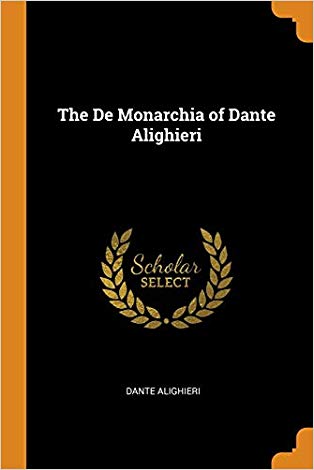 This work has been selected by scholars as being culturally important and is part of the knowledge base of civilization as we know it.This work is in the public domain in the United States of America, and possibly other nations. Within the United States, you may freely copy and distribute this work, as no entity (individual or corporate) has a copyright on the body of the work.Scholars believe, and we concur, that this work is important enough to be preserved, reproduced, and made generally available to the public. To ensure a quality reading experience, this work has been proofread and republished using a format that seamlessly blends the original graphical elements with text in an easy-to-read typeface.We appreciate your support of the preservation process, and thank you for being an important part of keeping this knowledge alive and relevant.
This work has been selected by scholars as being culturally important and is part of the knowledge base of civilization as we know it.This work is in the public domain in the United States of America, and possibly other nations. Within the United States, you may freely copy and distribute this work, as no entity (individual or corporate) has a copyright on the body of the work.Scholars believe, and we concur, that this work is important enough to be preserved, reproduced, and made generally available to the public. To ensure a quality reading experience, this work has been proofread and republished using a format that seamlessly blends the original graphical elements with text in an easy-to-read typeface.We appreciate your support of the preservation process, and thank you for being an important part of keeping this knowledge alive and relevant.




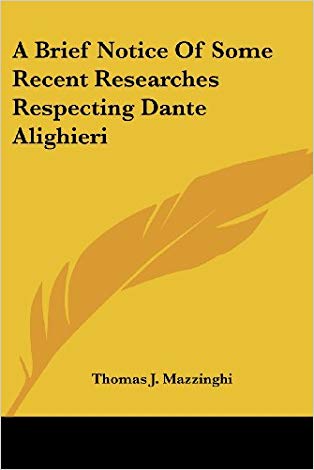



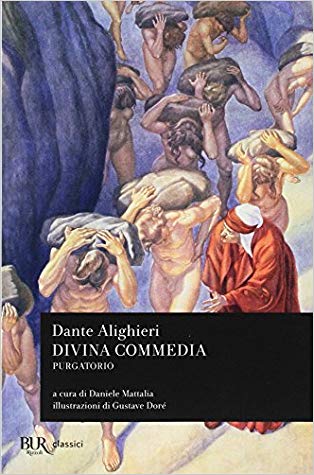

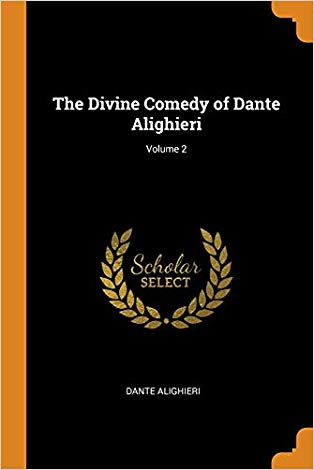 This work has been selected by scholars as being culturally important and is part of the knowledge base of civilization as we know it.This work is in the public domain in the United States of America, and possibly other nations. Within the United States, you may freely copy and distribute this work, as no entity (individual or corporate) has a copyright on the body of the work.Scholars believe, and we concur, that this work is important enough to be preserved, reproduced, and made generally available to the public. To ensure a quality reading experience, this work has been proofread and republished using a format that seamlessly blends the original graphical elements with text in an easy-to-read typeface.We appreciate your support of the preservation process, and thank you for being an important part of keeping this knowledge alive and relevant.
This work has been selected by scholars as being culturally important and is part of the knowledge base of civilization as we know it.This work is in the public domain in the United States of America, and possibly other nations. Within the United States, you may freely copy and distribute this work, as no entity (individual or corporate) has a copyright on the body of the work.Scholars believe, and we concur, that this work is important enough to be preserved, reproduced, and made generally available to the public. To ensure a quality reading experience, this work has been proofread and republished using a format that seamlessly blends the original graphical elements with text in an easy-to-read typeface.We appreciate your support of the preservation process, and thank you for being an important part of keeping this knowledge alive and relevant.
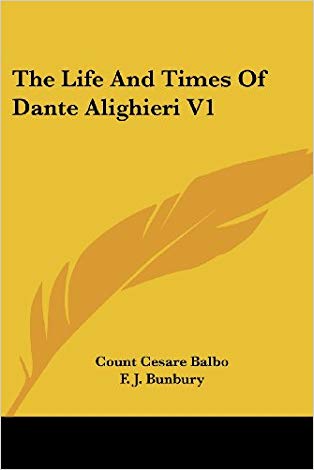

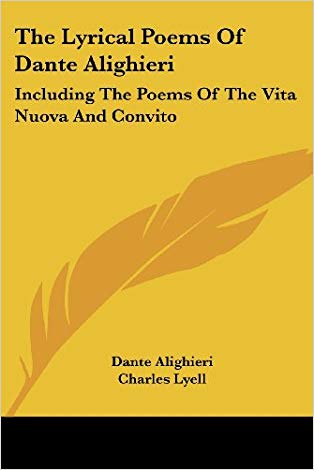

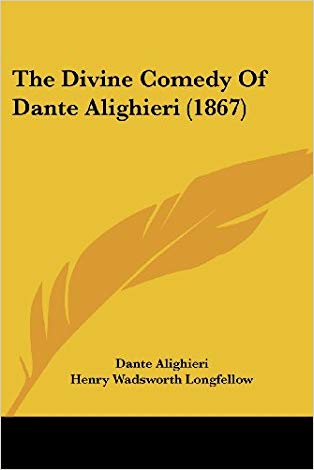



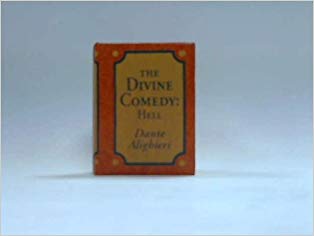

 Entre los años 1303 y 1307, aproximadamente, Dante Alighieri (1265-1321) abordó la escritura de esta ambiciosa obra, en la que declaraba haber superado su etapa juvenil «stilnovista» por haber encontrado un amor que sublimaba al de Beatriz: el amor por la Filosofía. Con el «Convivio» -así titulado porque su idea matriz es la metáfora de hacer un convite de sabiduría-, Dante retoma y revitaliza al mismo tiempo el procedimiento ya ensayado en la «Vida Nueva», la antología y exégesis de su propia producción lírica, e inaugura una etapa en su itinerario intelectual, espiritual y poético, con la que trata de resarcirse de dos experiencias traumáticas, la muerte de Beatriz y el destierro de su Florencia natal. A través de un tributo constante a toda la tradición literaria anterior, Dante narra en el «Convivio» su formación filosófica, sapiencial y metalingüística. Frutos de ese proceso son la teorización y aplicación de la dignidad literaria del romance toscano, así como la convicción de que para alcanzar la plena humanidad, el individuo debe impregnarse de la sabiduría y la nobleza que emanan de su Creador. La inconclusión de la obra, debida al progresivo desinterés del poeta por la dimensión municipal y terrenal de la existencia humana a favor de una concepción más universal y trascendental de la misma, supuso la incuria del texto autógrafo y su difusión póstuma y defectuosa.
Entre los años 1303 y 1307, aproximadamente, Dante Alighieri (1265-1321) abordó la escritura de esta ambiciosa obra, en la que declaraba haber superado su etapa juvenil «stilnovista» por haber encontrado un amor que sublimaba al de Beatriz: el amor por la Filosofía. Con el «Convivio» -así titulado porque su idea matriz es la metáfora de hacer un convite de sabiduría-, Dante retoma y revitaliza al mismo tiempo el procedimiento ya ensayado en la «Vida Nueva», la antología y exégesis de su propia producción lírica, e inaugura una etapa en su itinerario intelectual, espiritual y poético, con la que trata de resarcirse de dos experiencias traumáticas, la muerte de Beatriz y el destierro de su Florencia natal. A través de un tributo constante a toda la tradición literaria anterior, Dante narra en el «Convivio» su formación filosófica, sapiencial y metalingüística. Frutos de ese proceso son la teorización y aplicación de la dignidad literaria del romance toscano, así como la convicción de que para alcanzar la plena humanidad, el individuo debe impregnarse de la sabiduría y la nobleza que emanan de su Creador. La inconclusión de la obra, debida al progresivo desinterés del poeta por la dimensión municipal y terrenal de la existencia humana a favor de una concepción más universal y trascendental de la misma, supuso la incuria del texto autógrafo y su difusión póstuma y defectuosa.
 This work has been selected by scholars as being culturally important and is part of the knowledge base of civilization as we know it.This work is in the public domain in the United States of America, and possibly other nations. Within the United States, you may freely copy and distribute this work, as no entity (individual or corporate) has a copyright on the body of the work.Scholars believe, and we concur, that this work is important enough to be preserved, reproduced, and made generally available to the public. To ensure a quality reading experience, this work has been proofread and republished using a format that seamlessly blends the original graphical elements with text in an easy-to-read typeface.We appreciate your support of the preservation process, and thank you for being an important part of keeping this knowledge alive and relevant.
This work has been selected by scholars as being culturally important and is part of the knowledge base of civilization as we know it.This work is in the public domain in the United States of America, and possibly other nations. Within the United States, you may freely copy and distribute this work, as no entity (individual or corporate) has a copyright on the body of the work.Scholars believe, and we concur, that this work is important enough to be preserved, reproduced, and made generally available to the public. To ensure a quality reading experience, this work has been proofread and republished using a format that seamlessly blends the original graphical elements with text in an easy-to-read typeface.We appreciate your support of the preservation process, and thank you for being an important part of keeping this knowledge alive and relevant.




 This work has been selected by scholars as being culturally important and is part of the knowledge base of civilization as we know it.This work is in the public domain in the United States of America, and possibly other nations. Within the United States, you may freely copy and distribute this work, as no entity (individual or corporate) has a copyright on the body of the work.Scholars believe, and we concur, that this work is important enough to be preserved, reproduced, and made generally available to the public. To ensure a quality reading experience, this work has been proofread and republished using a format that seamlessly blends the original graphical elements with text in an easy-to-read typeface.We appreciate your support of the preservation process, and thank you for being an important part of keeping this knowledge alive and relevant.
This work has been selected by scholars as being culturally important and is part of the knowledge base of civilization as we know it.This work is in the public domain in the United States of America, and possibly other nations. Within the United States, you may freely copy and distribute this work, as no entity (individual or corporate) has a copyright on the body of the work.Scholars believe, and we concur, that this work is important enough to be preserved, reproduced, and made generally available to the public. To ensure a quality reading experience, this work has been proofread and republished using a format that seamlessly blends the original graphical elements with text in an easy-to-read typeface.We appreciate your support of the preservation process, and thank you for being an important part of keeping this knowledge alive and relevant.




 Entre los años 1303 y 1307, aproximadamente, Dante Alighieri (1265-1321) abordó la escritura de esta ambiciosa obra, en la que declaraba haber superado su etapa juvenil «stilnovista» por haber encontrado un amor que sublimaba al de Beatriz: el amor por la Filosofía. Con el «Convivio» -así titulado porque su idea matriz es la metáfora de hacer un convite de sabiduría-, Dante retoma y revitaliza al mismo tiempo el procedimiento ya ensayado en la «Vida Nueva», la antología y exégesis de su propia producción lírica, e inaugura una etapa en su itinerario intelectual, espiritual y poético, con la que trata de resarcirse de dos experiencias traumáticas, la muerte de Beatriz y el destierro de su Florencia natal. A través de un tributo constante a toda la tradición literaria anterior, Dante narra en el «Convivio» su formación filosófica, sapiencial y metalingüística. Frutos de ese proceso son la teorización y aplicación de la dignidad literaria del romance toscano, así como la convicción de que para alcanzar la plena humanidad, el individuo debe impregnarse de la sabiduría y la nobleza que emanan de su Creador. La inconclusión de la obra, debida al progresivo desinterés del poeta por la dimensión municipal y terrenal de la existencia humana a favor de una concepción más universal y trascendental de la misma, supuso la incuria del texto autógrafo y su difusión póstuma y defectuosa.
Entre los años 1303 y 1307, aproximadamente, Dante Alighieri (1265-1321) abordó la escritura de esta ambiciosa obra, en la que declaraba haber superado su etapa juvenil «stilnovista» por haber encontrado un amor que sublimaba al de Beatriz: el amor por la Filosofía. Con el «Convivio» -así titulado porque su idea matriz es la metáfora de hacer un convite de sabiduría-, Dante retoma y revitaliza al mismo tiempo el procedimiento ya ensayado en la «Vida Nueva», la antología y exégesis de su propia producción lírica, e inaugura una etapa en su itinerario intelectual, espiritual y poético, con la que trata de resarcirse de dos experiencias traumáticas, la muerte de Beatriz y el destierro de su Florencia natal. A través de un tributo constante a toda la tradición literaria anterior, Dante narra en el «Convivio» su formación filosófica, sapiencial y metalingüística. Frutos de ese proceso son la teorización y aplicación de la dignidad literaria del romance toscano, así como la convicción de que para alcanzar la plena humanidad, el individuo debe impregnarse de la sabiduría y la nobleza que emanan de su Creador. La inconclusión de la obra, debida al progresivo desinterés del poeta por la dimensión municipal y terrenal de la existencia humana a favor de una concepción más universal y trascendental de la misma, supuso la incuria del texto autógrafo y su difusión póstuma y defectuosa. Poeta, pero también guerrero y político, el florentino Dante Alighieri contaba con sólidos conocimientos científicos. En su obra, desarrollada en la Baja Edad Media, tanto en La vida nueva -reunión de sus primeras rimas- como en La Divina Comedia, dejó plasmada una notable concepción fantástico-científica del universo y quizás el viaje de ultratumba más célebre de la literatura. En este libro, el astrofísico argentino Alejandro Gangui relata la vida del poeta y analiza sus escritos poniendo especial énfasis en los aspectos cosmológicos.
Poeta, pero también guerrero y político, el florentino Dante Alighieri contaba con sólidos conocimientos científicos. En su obra, desarrollada en la Baja Edad Media, tanto en La vida nueva -reunión de sus primeras rimas- como en La Divina Comedia, dejó plasmada una notable concepción fantástico-científica del universo y quizás el viaje de ultratumba más célebre de la literatura. En este libro, el astrofísico argentino Alejandro Gangui relata la vida del poeta y analiza sus escritos poniendo especial énfasis en los aspectos cosmológicos.